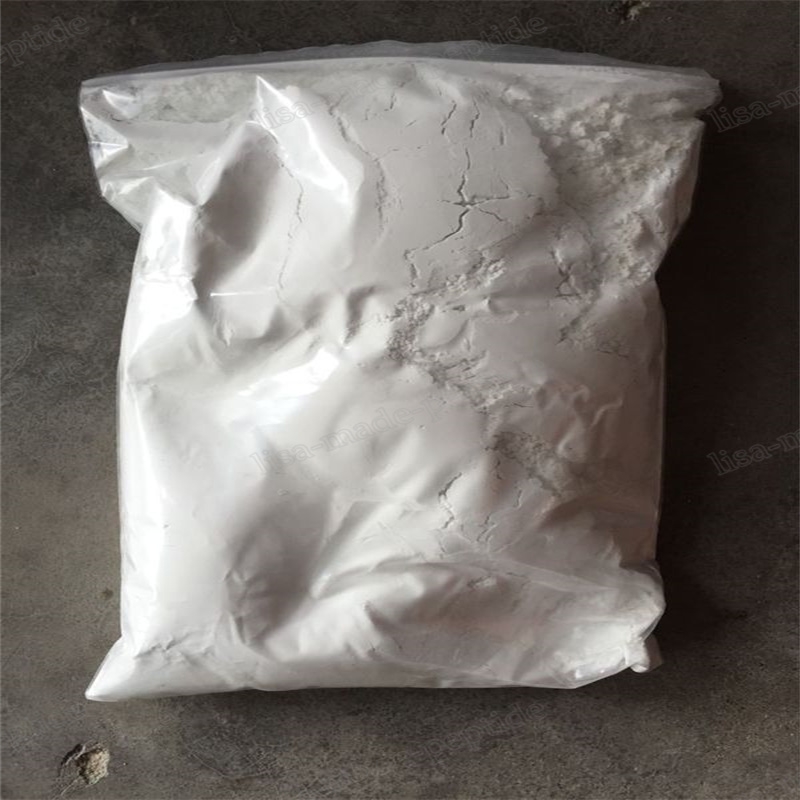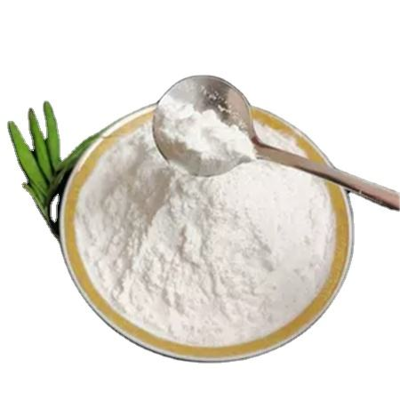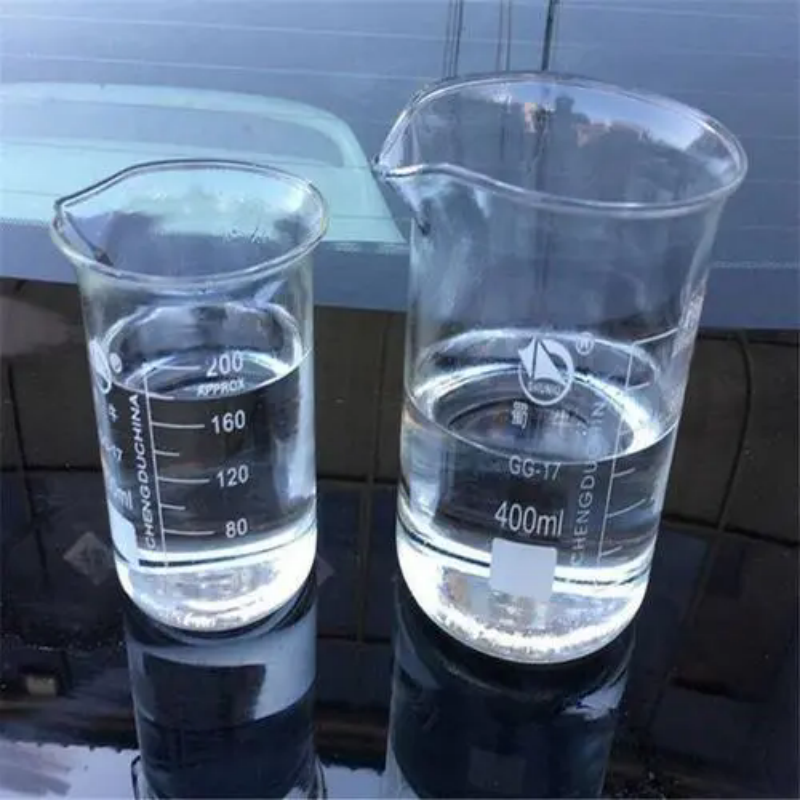-
Categories
-
Pharmaceutical Intermediates
-
Active Pharmaceutical Ingredients
-
Food Additives
- Industrial Coatings
- Agrochemicals
- Dyes and Pigments
- Surfactant
- Flavors and Fragrances
- Chemical Reagents
- Catalyst and Auxiliary
- Natural Products
- Inorganic Chemistry
-
Organic Chemistry
-
Biochemical Engineering
- Analytical Chemistry
-
Cosmetic Ingredient
- Water Treatment Chemical
-
Pharmaceutical Intermediates
Promotion
ECHEMI Mall
Wholesale
Weekly Price
Exhibition
News
-
Trade Service
The U.
S.
Environmental Protection Agency (US EPA) released final Biological Evaluations (BEs) on June 16 for three neonicotinoid insecticides, clothianidin, imidacloprid, and thiamethoxam, finding that these Widespread use of pesticides could adversely affect nearly three-quarters of endangered species
.
These decisions mark the US EPA's first assessment of the effects of neonicotinoids on endangered species
.
evaluation result
This assessment, which includes more than 1,700 U.
S.
cataloged species and more than 800 designated critical habitats, shows that:
Clothianidin may adversely affect 67% (1225) of species and 56% (446) of critical habitats,
Imidacloprid may adversely affect 79% (1445) of species and 83% (658) of critical habitats,
Thiamethoxam may adversely affect 77% (1396) of species and 81% (644) of critical habitats
.
This result shows that neonicotinoid insecticides are not only harmful to bees and other insects, but also to the vast majority of endangered species, including all amphibians, most endangered fish, birds and mammals , as well as pollinators and the plants they pollinate
.
Opinions
The American Soybean Association and the American Farm Bureau Federation expressed dissatisfaction with the US EPA's assessment, claiming that the US EPA overestimated the amount of neonicotinoids used by farmers, and The impact of pesticides on endangered species and their habitats is overstated, and it is believed that US EPA should adopt more realistic data to better reflect the potential impact of such pesticides on species
.
But other agencies and organizations expressed broad support.
For example, George Kimbrell, legal director of the Center for Food Safety, believes that the US EPA's assessment results show that neonicotinoid pesticides are harmful to endangered species.
Wildlife must now make the right call to protect already endangered life from these biocides
.
At the same time, because the agency also believes that because of the threat to birds, neonicotinoid insecticides should not be allowed as seed treatments anymore
.
follow-up plan
Currently, the US EPA is beginning consultations with the U.
S.
Fish and Wildlife Service and the National Marine Fisheries Service (the Services) to determine if any endangered species are threatened by the use of these three neonicotinoids and to develop measures to protect the most Vulnerable species are protected from exposure
.
During consultation, the Services will develop Biological Opinions (BiOps), including their official determination of whether pesticides are likely to harm any of the listed species or adversely affect their critical habitat, and include any additional coordinated development mitigation measures
.
The US EPA will then work with pesticide registrants to implement the necessary mitigation measures to protect the listed species
.
The US EPA plans to update the proposed 2020 risk reduction measures in 2023 to reduce exposure to neonicotinoids and expects to complete the identification of these measures in 2024
.







